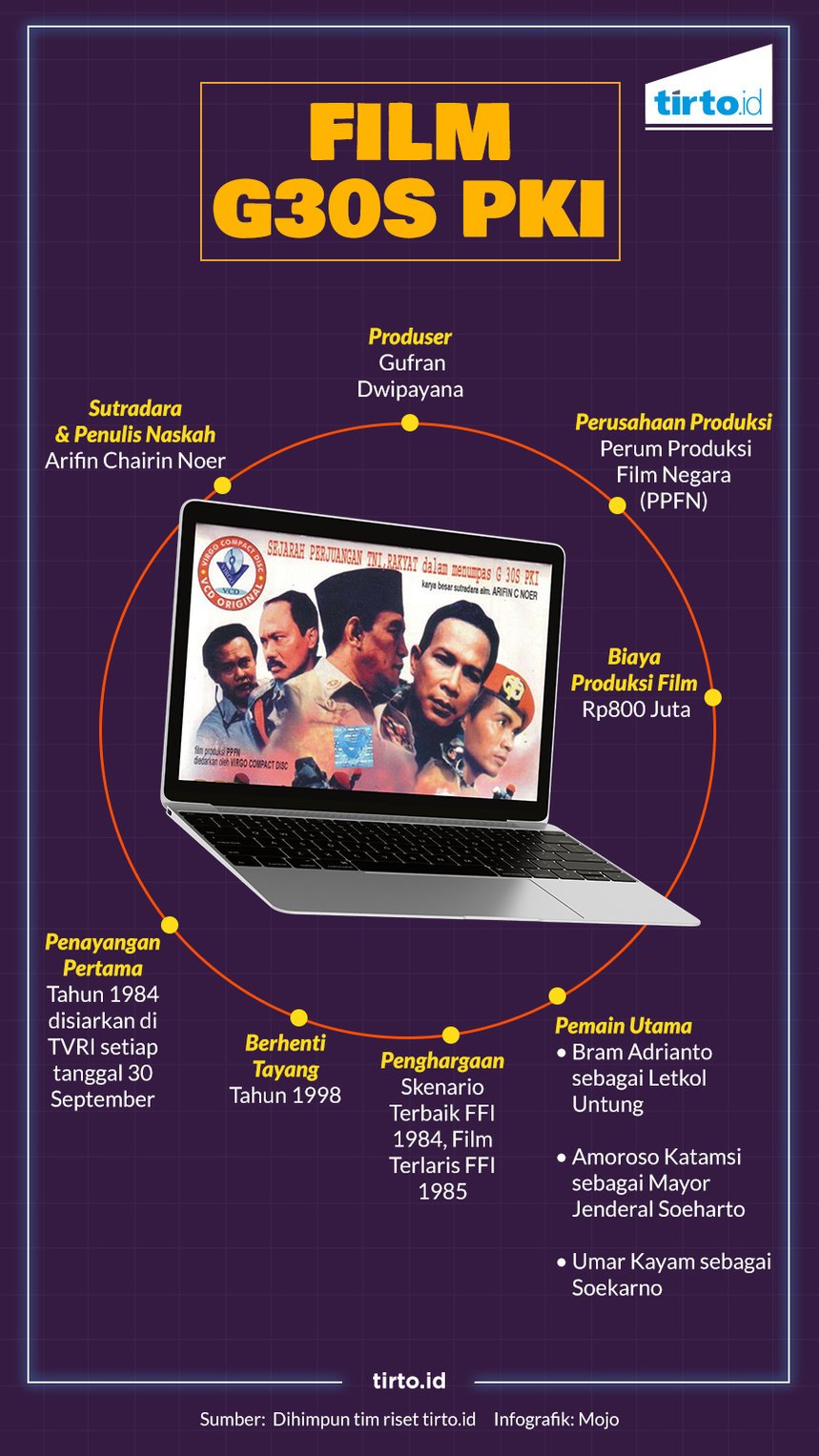

This paper critically examines the effort of managing authenticity in a politically-related historical site where dissonant sites and contesting discourses evolve surrounding it. The film created the nation’s collective memory. Unlike other Cold War-era films that we can read as the product of a dominant cultural attitude, G30S/PKI actually created that attitude or perspective.

Because it was so widely viewed and because the regime violently repressed counternarratives, the film shaped Indonesian mass culture during the Cold War. Furthermore, teachers would march their students to local theaters where the film was being screened. Its success is due to the mandatory television screenings every September 30, the anniversary of the failed coup, until the fall of Suharto. "Penumpasan Pengkhianatan G30S/PKI" should be considered as one of the most successful propaganda films of the twentieth century. Named for the site of the most disturbing and unforgettable scene from "Penumpasan Pengkhianatan G30S/PKI", their terminology recognizes the film’s importance in Indonesia decades after the Cold War. Recently, a new generation of Indonesian historians have coined the term “Lubang Buaya Narrative” for this state-imposed historical memory (Djakababa 2009 Sullivan 2019).

As it was forced upon a generation of children, the legacy of the film continues into the era of democratic reform (Reformasi or “Reformation,” 1998–present although some wags now call the period starting in 2018 “Regrasi” or “Regression”). Furthermore, G30S/PKI’s lurid violence and sexuality and disturbing messages further traumatized the nation during President Suharto’s genocidal New Order (Orde Baru, 1966–98). I argue that the film’s impact was so profound that it became Indonesia’s collective memory, making it one of the most successful propaganda films of all time. Repeatedly seen by almost everyone in Indonesia for some 15 years, G30S/PKI was central to a state-directed campaign that created the current conventional knowledge of these historical events. That this shorthand is also the widely accepted term for the failed Septemcoup d’état, which was used as a pretext for the destruction of the Indonesian Community Party (PKI) and a wide range of progressive groups and individuals labeled “communist,” underlines the significance of the film. Released as a 271-minute feature film in 1984 and later available in a shorter 217-minute home video, Indonesians often refer it to as simply "G30S/PKI". This is an analysis of the Indonesia film "Penumpasan Pengkhianatan G30S/PKI" (“Crushing the Treachery of the Indonesian Communist Party and the September 30 Movement").


 0 kommentar(er)
0 kommentar(er)
